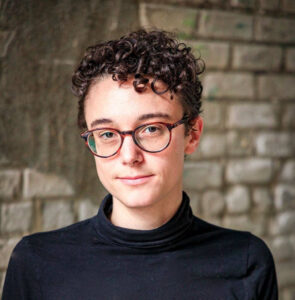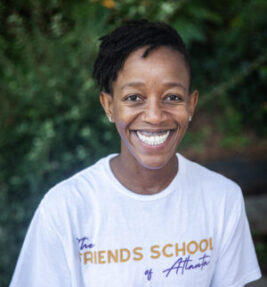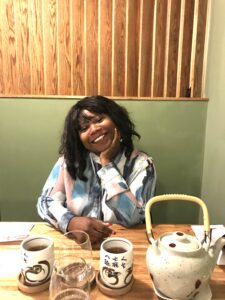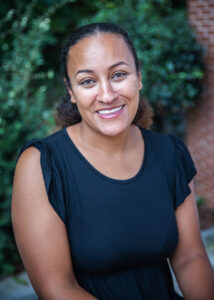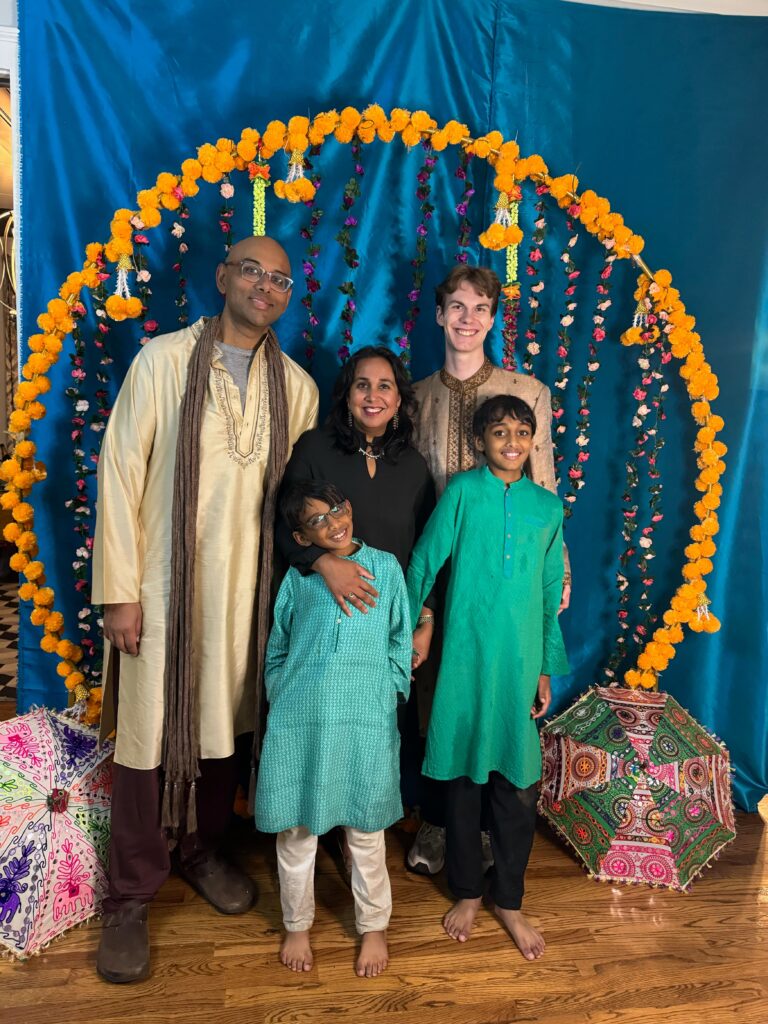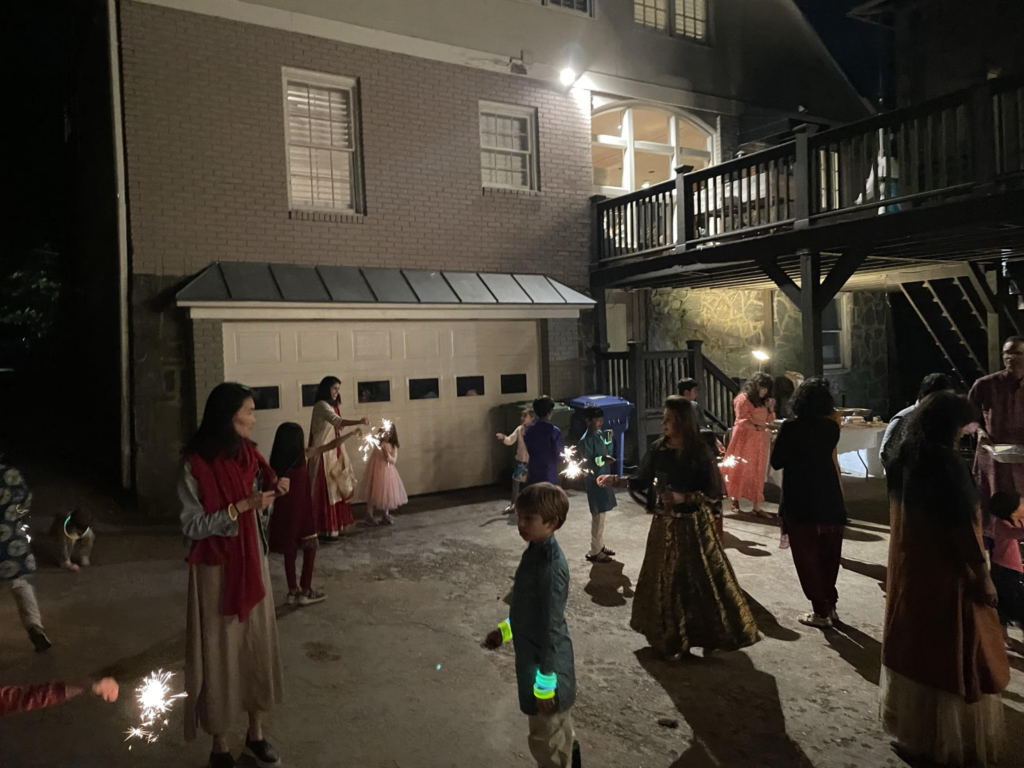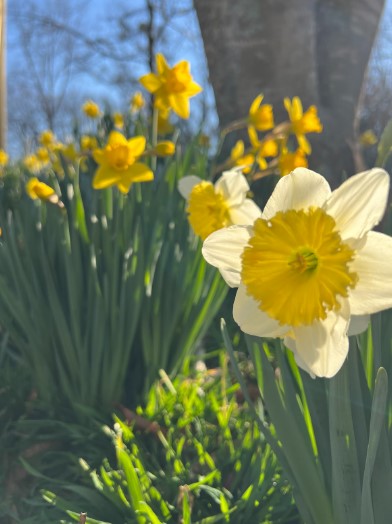
Have you had a chance to admire the daffodils that are popping up alongside the school’s entrance?
Each fall, students at FSA gather in their environmental science and middle school social studies classes to participate in a deeply meaningful ritual: planting daffodil bulbs as part of The Daffodil Project. This initiative not only beautifies the campus but also serves as a profound symbol of remembrance, reflection, and the pursuit of peace.
The Daffodil Project, an initiative led by Am Yisrael Chai, is on a mission to create a global Living Holocaust Memorial by planting 1.5 million daffodils worldwide. These flowers serve as a poignant tribute to the 1.5 million children who tragically perished during the Holocaust and as a symbol of solidarity with children facing humanitarian crises today. The project, rooted in the historical significance of the Holocaust, aims to raise awareness and empower communities to engage with the lessons of the past. The choice of daffodils as the project’s symbol is deliberate: their yellow color and shape evoke the yellow stars Jews were forced to wear, yet they also symbolize hope, resilience, and renewal. Each spring, daffodils bloom anew, reminding us of the triumph of life over darkness and honoring the survivors who rebuilt their lives after unimaginable suffering. The project encourages individuals, communities, and organizations worldwide to plant daffodils as a living memorial to those who suffered during the Holocaust and other genocides.
Central to the ethos of the Daffodil Project are the values championed by Quakers (the Religious Society of Friends). Quaker principles emphasize the inherent worth and dignity of every individual, the importance of nonviolence, and the belief in the possibility of transformation through collective action. And, at the heart of Quaker philosophy lies a deep commitment to peace, justice and equality.
When the planting of these bulbs takes place in the fall, our students pause to reflect on the concept of peace and what it means to them personally, and how they can embody its principles in their daily lives. Our students not only demonstrate stewardship over their campus, but also engage in a broader dialogue about global interconnectedness and the importance of peacebuilding.
As we anticipate the arrival of spring with warmer weather on the horizon and as the campus bursts into bloom, we are reminded of the reflections our students shared back in the fall. What does peace mean to them now? How can they advocate for peace in their communities? And more importantly, how can they cultivate internal peace amidst the complexities of the world?
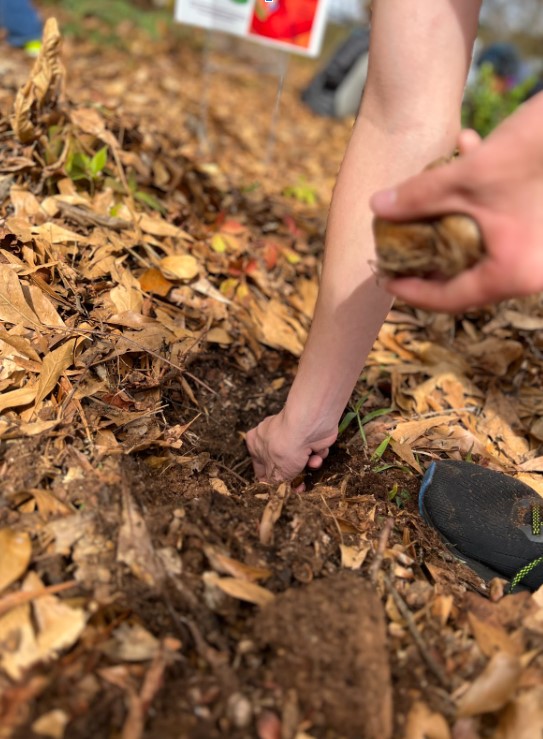
Written by: Krystal Collier and Sara Perez
